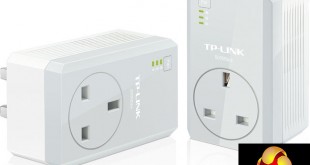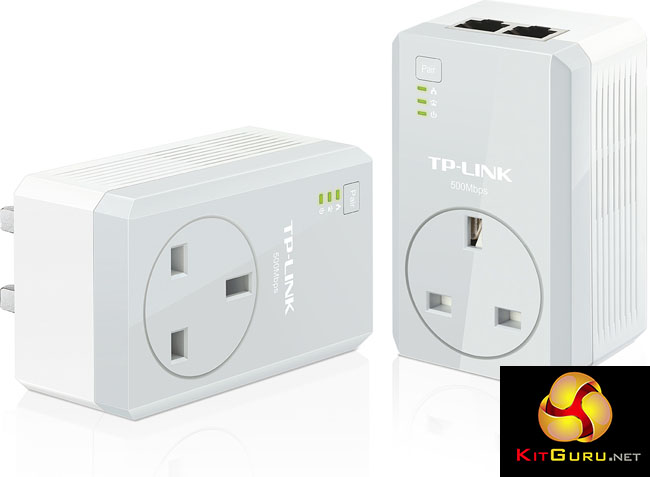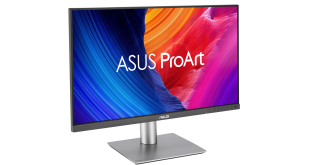
Today we are going to take a look at the latest powerline networking kit from TP-Link, the AV500. This is one of their higher end models which seeks to differentiate itself from the crowd by offering two Ethernet jacks as well as a power socket in each adapter.
Despite the widespread popularity of wireless networking these days, there is still a place for powerline network adapters in the market. They are a great option for those who struggle to find a wireless router which provides wide enough coverage for their home or office. They are particularly useful for high-bandwidth uses like game consoles and video streaming.
TP-Link are one of the most popular manufacturers of powerline networking equipment, so we are interested to see what the AV500 has to offer.
Features
- HomePlug AV standard compliant, high-speed data transfer rate of up to 500Mbps, ideal for HD video streaming and online gaming.
- Integrated power socket to allow additional devices access to power.
- 2* 10/100Mbps Ethernet (RJ45) Ports.
- Mains Filter for better powerline communication performance.
- No new wires, use existing electrical wiring.
- Up to 300 meter range over a home's electrical circuit for better performance through walls or across floors.
- Plug and Play, no new wires or configuration required.
- Patented Power-Saving Mode automatically reduces power consumption by up to 85%.
- 128-bit AES encryption ensures that the network is safe simply by pressing a button on paired devices.
- Supports IGMP managed multicast IP transmission, optimizes IPTV streaming.
 KitGuru KitGuru.net – Tech News | Hardware News | Hardware Reviews | IOS | Mobile | Gaming | Graphics Cards
KitGuru KitGuru.net – Tech News | Hardware News | Hardware Reviews | IOS | Mobile | Gaming | Graphics Cards




I have these, and they are pretty good for the money expenditure. The one downside I would comment on is they are stuck on 100Mbps Ethernet connections, when I was expecting 500Mbps. What you end up with is UP TO 500Mbps per second behind the socket depending on your house wiring.
My results differ to those of KitGuru though, as I can reliably get just shy of 100Mbps anywhere in the house. I have a feeling that this may be due to the house I rent only just being re-wired. The longest and weakest connection I can get knocks me down to 88Mbps, which is pretty good considering I get no wireless router signal at all in that part.
My biggest complaint is the area I currently live can offer up to 150Mbps broadband, meaning that now my current connection can no longer take full advantage of downloading files. With faster and faster broadband speeds, I feel like if this technology can not even equip 1Gbps Ethernet ports then it is going to quickly fall behind wireless routers using bridges to expand the signal.
Due to the router I am using, the wireless signal can be flakey on occasion and this is pretty useless if internet gaming, so this is a wonderful substitute to using the wireless. However I am currently looking into one of two upgrades to phase this out after only having it for 6 months for the sole purpose of taking full advantage of the larger internet connection I have here.
Also have a pair of these and my consensus is simple. You could use these for the ease of setup, or get to areas where radio signal dont seem to get; If thats your goal, this is a superb product.
If you use these for getting a higher performance, well, … you are going to have a bad time in most situations.
What i found with the ether-line kit I had, was that not only the performance was not that great when you went over breaker groups. But the ping was not at all stable. for example ping was around 25ms then it could go 400ms or over a second later and back to 25ms again after. And also turning appliances like tv’s, computers or something could effect the performance for a shot time. So its a great product for checking mail or browse the web but gaming is not recommended (nothing beats the wire! Ok fibre does ;))